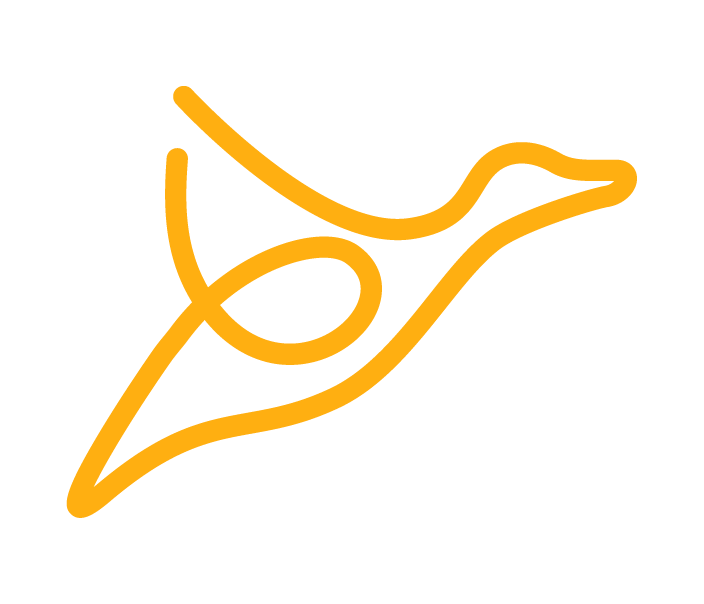Surprise! Technology transformation is about far more than technology
At All the Ducks we focus a great deal on learning technology transformation.
There are many benefits to reviewing a university's learning technologies. Some drivers include:
Changing technologies
Changing demands from students
Changing demands from staff
Social change, short and long term, across the communities in which we operate
Disruption triggered by unexpected events (think global pandemic!)
Changes in priorities within institutions
Changes to national political priorities
After many years of stability in core systems such as the LMS we are now in a time where there is a widespread appetite for change. We are seeing many institutions making the decision to change their core systems. The big loser in this trend has been Blackboard. For many years one of the major players, Blackboard has lost significant market share, in large part ceding it to Instructure's Canvas. Other key products, Moodle and D2L's Brightspace, continue to have market share. The reasons for the loss of Blackboard's dominance won't be explored here but the level of dissatisfaction with Blackboard's tardiness in delivering on promised features, and the perceived advantages of more agile alternative platforms, are such that for many institutions the advantages of change justify the huge task involved in migrating systems.
What we are seeing around this mood for change is that universities are taking the opportunity to look at the various supporting systems that complement the LMS: video distribution systems, e-portfolios, anti-plagiarism tools, content development environments and more.
Given the investment across these platforms, it is a major undertaking for an institution to change its core systems, yet we are noticing significant activity here. At All the Ducks we are currently working on projects to facilitate integrations between new suites of technology and to add new functionality or replace functionality that has been in place, without review, for years.
All the Ducks offer a range of technical services to assist universities make their move, such as a consultation or review to map an efficient way forward, writing a relatively small LTI tool to provide missing functionality, a set of modules to present a cohesive suite of management functions, or our grade moderation solution, Grade Matter.
But this is far more than technical
While this post has started with a focus on the technologies, it is really the much broader discussion around how the core learning and teaching functions of an institution are facilitated and complemented by the technologies that are at the core of where universities are headed. It's an old mantra that 'technology should follow pedagogy' but it's precisely this perspective that is driving much of the mood for change.
Beyond the technical, there is a vast investment in ensuring that the technologies deliver for learning and teaching. Whether it be appropriate pedagogy, quality content, engaging activities, meaningful assessment, creating and sustaining an active learning cohort; academic development centres are constantly challenged to up the ante for learning outcomes and student success.
Prior to the pandemic, a broad push toward 'blended learning' was significant in positioning learning technologies as key agents in facilitating online pedagogies that were predicated on engagement, interaction and creative assessment. Institutions that had been pursuing this approach, along with those that were primarily online institutions, were already well positioned to respond to the pandemic.
Pedagogical discussions and debates are the lifeblood of learning and teaching centres world wide so the impact of the pandemic would have triggered an increased intensity to these discussions. But what would have been unusual is that in a 'business as usual' environment, from discussion to action could often be described as 'leisurely'. However, the urgency around responding to the pandemic meant universities needed agile technologies that could accommodate new and revised pedagogies quickly. The pandemic was a bit like throwing a stick of dynamite into the firebox of a steam locomotive.
The role for All the Ducks
As we consult with universities on developing tools to support integrations between systems, we find ourselves involved in discussions that go to core decisions around business rules, university policies (assessment, data exposure, academic oversight, course management etc.). The questions we ask that start off as queries about requested functionality often open up the proverbial cans of worms that require decisions across multiple business units.
We have two points to conclude with:
When an institution starts on a technological transformation project, try and frame the discussion as broadly as possible around anticipated outcomes and impacts from the perspective of 'what business units have a stake in this project' way beyond the technical? It's a challenge to identify all the possible downstream impacts so the more time spent undertaking rigorous business analysis at the outset can lead to less tears at bedtime.
All the Ducks, from our considerable expertise in developing solutions in the complex world of university learning technology environments, can be a very constructive partner from early in your transformation. Even if we don’t write a line of code, we can offer your institution real value.

